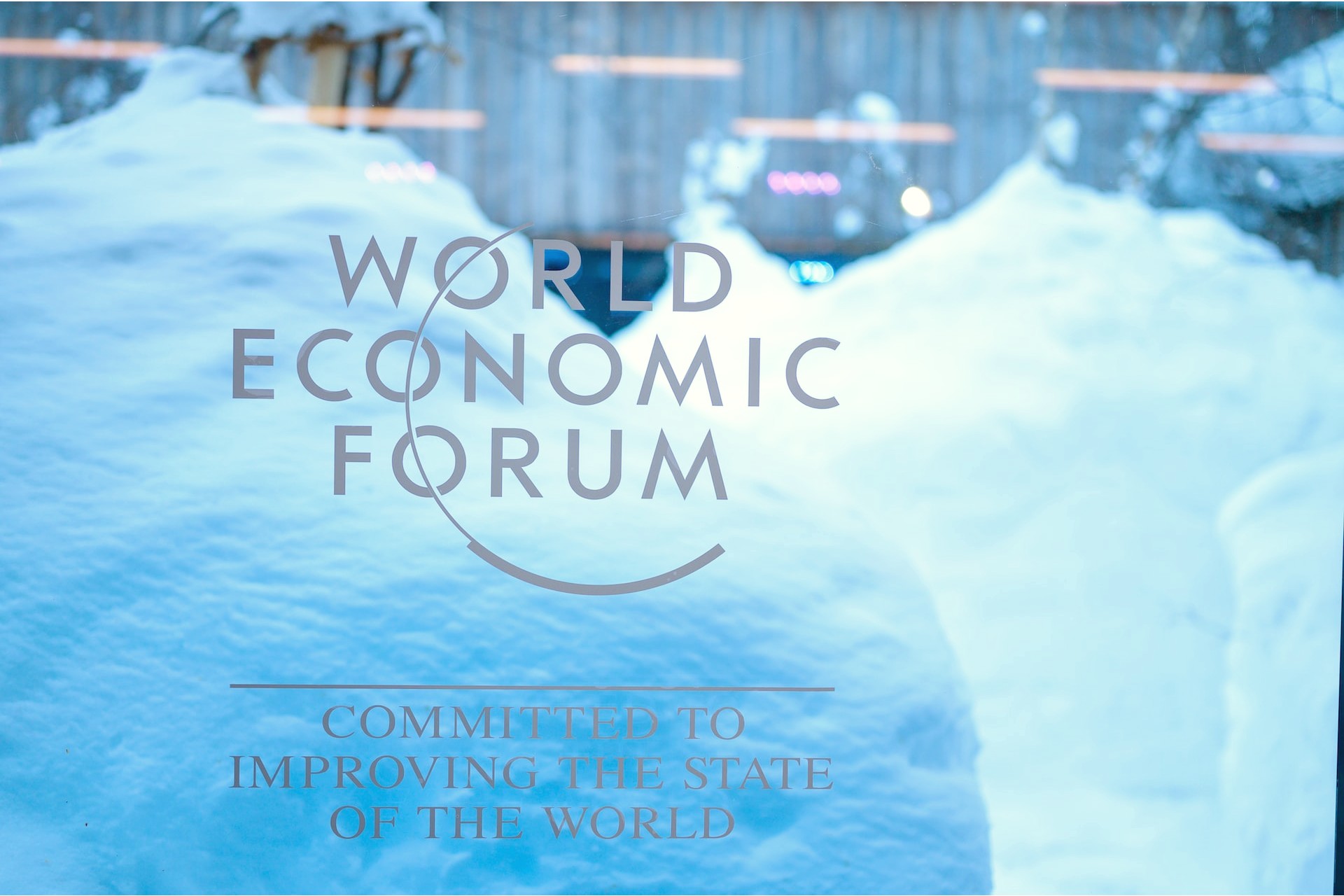Since its inception in 1971, the annual World Economic Forum in Davos has tackled the big challenges facing the world, including economic growth and resilience, geopolitics, energy, and food security. After a three-year meeting gap due to the pandemic, has the latest summit done enough for green policy?
Focusing on decarbonisation in heavy industry
After November’s COP27 and the UK’s recent Net Zero Review, pressure is mounting to accelerate decarbonisation, particularly from energy intensive industries. Heated talks at the summit emphasised the urgency of the net zero transition and the overshadowing of clean technologies by big oil companies.
UN Secretary-General Antonio Guterres said, “Today, fossil fuel producers and their enablers are still racing to expand production, knowing full well that this business model is inconsistent with human survival. Now, this insanity belongs in science-fiction, yet we know the ecosystem meltdown is cold, hard scientific fact.”
Many of the speeches drew on the Ukraine-Russia war as a reminder of how unstable the oil industry is, effectively pointing towards energy efficiency and “homegrown” renewables as a safer, more reliable solution. Still, universal agreement has yet to be reached. A clear rift on coal, oil, and gas production is still very palpable.
Further rifts were brought to light when Al Gore, former US vice president, highlighted that Sultan Ahmed Al Jaber, the chief executive of state-owned Abu Dhabi National Oil Corporation, will be the President-Designate to oversee COP28. Gore asked, “What am I supposed to say to these young activists that I train around the world when they come to me and they say, ‘Are you okay with putting the CEO of one of the largest oil companies in the world in as the president of the COP? Is that really okay?’”
Good news from the summit
Despite heavy conversation, there were still some positive outcomes regarding decreasing fossil fuel use. The World Economic Forum announced the addition of nine new industrial clusters to its Transforming Industrial Clusters Towards Net-Zero project from throughout Europe, Asia, and North America.
The initiative aims to bring together 100 industrial clusters to achieve net zero by the middle of the century with commitments from public-private and cross industry partnerships. Additionally, it promotes communication and education among clusters all around the world.
The project now consists of 17 clusters, which produce 451 million metric tonnes of CO2e annually.
Upon looking at the future of clean and renewable energy, French economy minister Bruno Le Maire said, “The key question is not China First, US First, Europe First. The key question for all of us is Climate First.”













